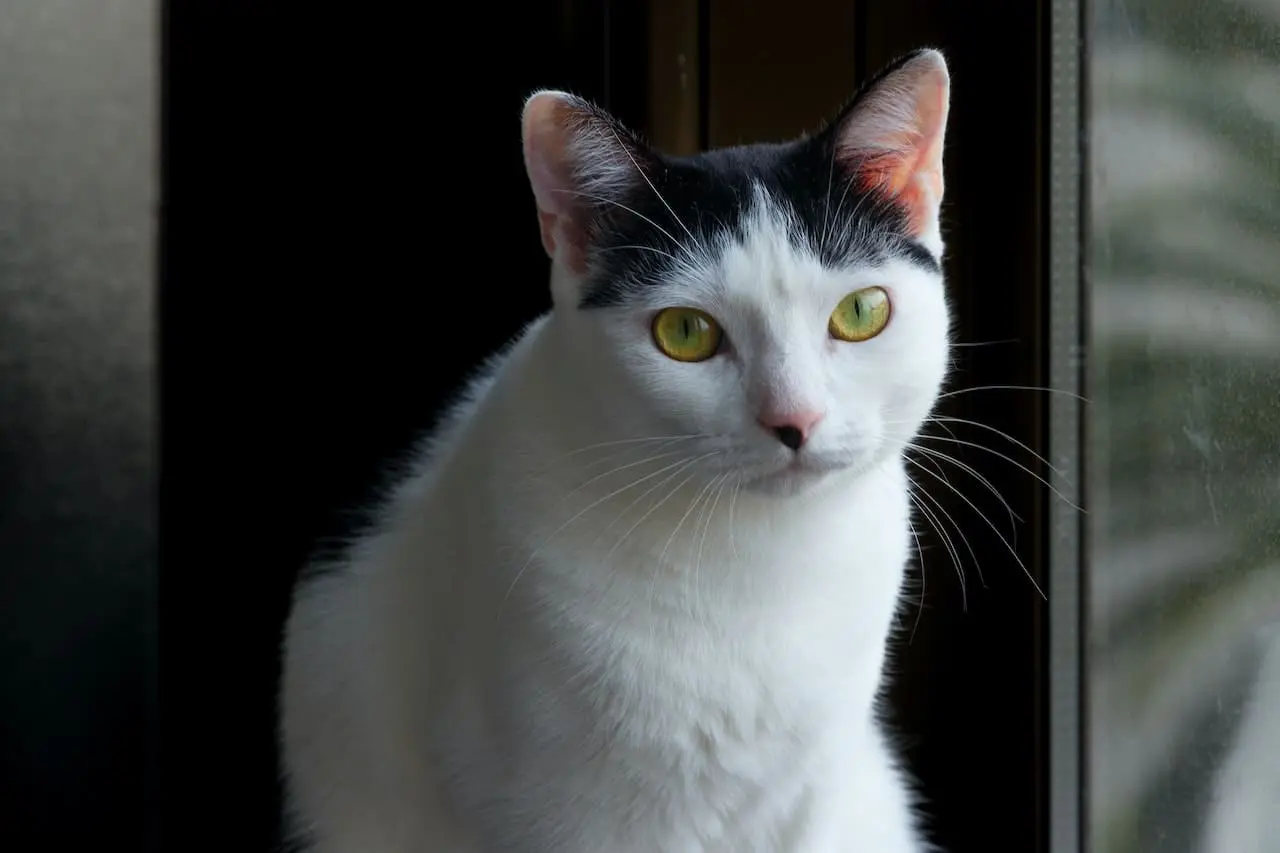What are the Symptoms of Dead Kitten Inside Cat?
Discovering that a kitten has passed away inside a cat can be a distressing situation for any pet owner.
While it is uncommon, it’s essential to be aware of the signs and symptoms that may indicate this unfortunate event.
Recognizing these signs promptly allows for appropriate veterinary intervention, ensuring the well-being of the mother cat and any surviving kittens.
In this article, we will explore the possible indicators of a deceased kitten within a cat and discuss the necessary steps to take.
5 Symptoms of Dead Kitten Inside Cat
1. Lack of Fetal Movement
One of the early signs that a kitten may have passed away inside a cat is the absence of fetal movement.
If you previously felt movement or kicking in the mother cat’s abdomen and it suddenly stops, it could be a cause for concern. Monitor the mother cat closely for any changes in fetal activity.
2. Prolonged Labor
Prolonged and unproductive labor can be an indicator of a deceased kitten. If the cat is experiencing difficulty in delivering the remaining kittens or if the labor seems to be dragging on without progress, it is essential to seek veterinary attention promptly.
A deceased kitten may be blocking the birth canal, hindering the delivery process.
3. Abnormal Discharge
Abnormal vaginal discharge is another potential sign of a deceased kitten inside a cat. The discharge may be discolored, foul-smelling, or otherwise abnormal in consistency.
Any noticeable changes in the discharge should be monitored closely, as they may indicate a problem.
4. Lethargy or Distress
A mother cat with a deceased kitten inside her may exhibit signs of discomfort, restlessness, or lethargy. She may appear more subdued or less interested in her surroundings.
Additionally, the cat may display symptoms such as decreased appetite, excessive panting, or vocalization. These behavioral changes should be taken seriously and promptly addressed by a veterinarian.
5. Abnormal Behavior
The mother cat’s behavior can also provide clues about the presence of a deceased kitten. She may engage in excessive grooming of her abdomen, paying particular attention to the area where the kittens are located.
Alternatively, the cat may avoid her nesting area altogether, displaying aversion to the usual spot she prepared for giving birth. These abnormal behaviors may indicate distress or discomfort.
What to Do if the Kitten is Dead Inside a Cat?
If you suspect a deceased kitten inside a cat, it is crucial to seek immediate veterinary attention. Contact your veterinarian or an emergency animal hospital as soon as possible.
They can provide professional guidance and conduct a thorough examination to assess the situation accurately.
Diagnostic imaging techniques, such as X-rays or ultrasound, may be utilized to determine the well-being of the remaining kittens and the best course of action for the mother cat’s health.
How to Take Care of Pregnant Cat to Avoid Death of Kittens Before Birth?
Taking care of a pregnant cat is crucial to ensure the health and well-being of both the mother and her kittens.
Here are some essential steps to help you provide the best care and reduce the risk of complications or the death of kittens before birth:
1. Veterinary Care
Schedule a visit to the veterinarian as soon as you suspect your cat is pregnant. Your vet will confirm the pregnancy, estimate the stage of gestation, and provide guidance on proper care. They may also perform necessary tests and vaccinations to ensure the mother cat’s health.
2. Maintain Balanced Diet
Feed your pregnant cat a high-quality, balanced diet formulated for pregnant and nursing cats. Consult with your veterinarian to determine the appropriate type and amount of food. Provide access to fresh water at all times and avoid giving her any medication or supplements without veterinary approval.
3. Provide Comfortable Environment
Create a quiet, comfortable space for your pregnant cat to nest and give birth. Provide a cozy bed, preferably in a separate room away from noise and disturbances. Ensure the area is warm, well-ventilated, and easily accessible for the cat.
4. Keep Your Cat Active
Encourage gentle exercise and play for your pregnant cat, but avoid excessive physical exertion. Provide interactive toys and opportunities for mental stimulation. However, be mindful of the cat’s comfort and monitor her activity levels.
5. Regular Check-ups:
Continue regular veterinary check-ups throughout the pregnancy to monitor the mother’s health and the progress of the kittens. Your vet can provide guidance on potential complications and intervene if necessary.
6. Monitor Your Cat Regularly
Observe your pregnant cat closely for any changes in behavior, appetite, or physical appearance. Look for signs of distress, discomfort, or abnormalities. Notify your vet promptly if you notice anything concerning.
7. Reduce Stress
Reduce stressors in your cat’s environment, as excessive stress can have negative effects on pregnancy. Keep the living area calm, avoid sudden changes, and limit exposure to loud noises or unfamiliar animals.
8. Preventive Measures
Keep your pregnant cat indoors to protect her from potential dangers, such as fights with other animals or exposure to infectious diseases. Prevent contact with potentially harmful substances, such as toxic plants, chemicals, or medications.
9. Prepare Your Cat for Delivery
As the due date approaches, help your cat prepare for delivery. Provide nesting materials like blankets or towels for her to create a comfortable birthing area. Educate yourself about the signs of labor and be prepared to assist if necessary.
Conclusion
While the occurrence of a deceased kitten inside a cat is uncommon, it’s important for pet owners to be aware of the possible signs.
Recognizing these indicators and seeking prompt veterinary care can help ensure the health and well-being of the mother cat and any surviving kittens.
Remember, consulting a veterinarian is essential in situations like these, as they possess the expertise and knowledge to provide the appropriate advice and treatment needed during this difficult time.

